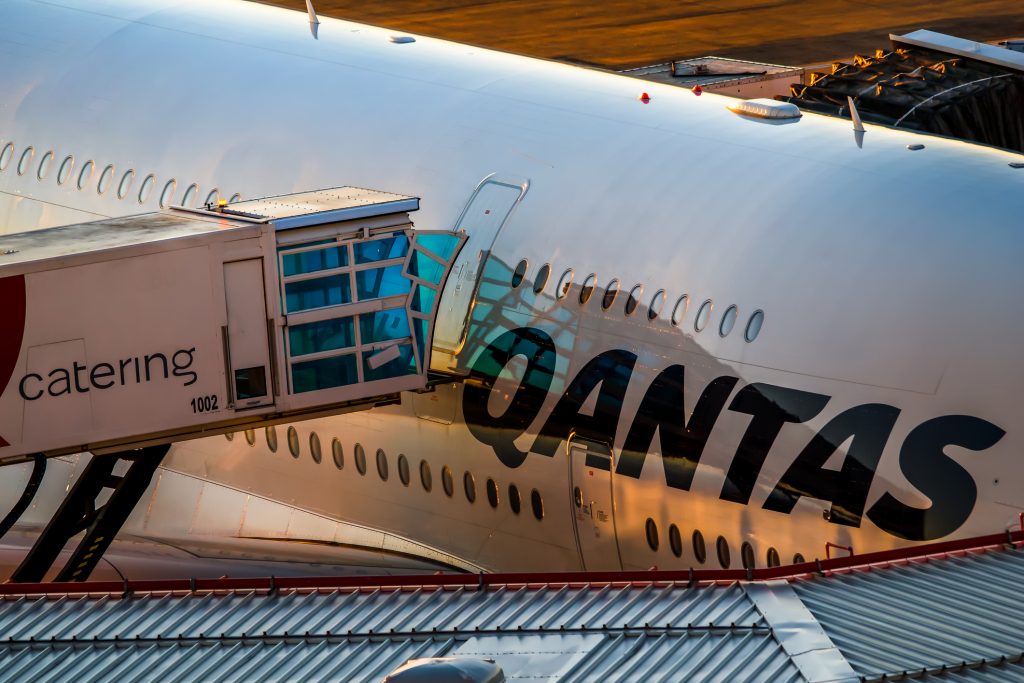GlobalPSC News – February 2019
Paris Forum 2019

We’re excited to be hosting the Paris 2019 International Stewardship Forum July 2-3 in conjunction with DASTRI, the French producer responsibility organisation (PRO) for sharps.
Join the GlobalPSC, DASTRI and hundreds of key decision-makers, including international experts in extended producer responsibility (EPR), circular economy, product stewardship, sustainability and recycling.
The Paris Forum will help industries, governments and the community deepen our collective commitment to reduce the resources we consume, return materials to the circular economy, and minimise our impact on the environment, all while rejuvenating local and international economies.
Details are available here, including initial speakers and program information, registration, sponsors and sponsorship opportunities, and other useful information.
The Paris Forum builds upon the GlobalPSC’s inaugural International Stewardship Forum April 2018 in Sydney. Highlights from the Sydney Forum are available here.
Download the Save the Date announcement here.
Qantas Launches Major Sustainability Initiative

The Qantas Group has announced an ambitious plan to become the world’s first airline to reuse, recycle and compost at least three-quarters of its general waste by the end of 2021.
In announcing the initiative, Qantas Group CEO Alan Joyce stated, “In the process of carrying 50 million people each year, we deal with more than 30,000 tonnes of waste. That’s the same weight as about eighty 747 jumbos,” said Mr Joyce.
“It is quite literally a waste and we have a responsibility to our customers, shareholders and the community to reduce it.”
“We’ve already removed plastic wrapping on our pyjamas and headsets, as well as plastic straws. Even plastic Frequent Flyer cards are going digital. It adds up to millions of items a year because of our scale and there’s a lot more we can do.”
An interesting element of the Qantas approach is that the company is applying stewardship and whole-of-lifecycle thinking to achieve broad environmental improvements. The Qantas Group are:
- Introducing coffee cups that can be recycled or composted;
- Effectively eliminating single-use plastics by switching to alternative packaging, resulting in the removal of over 100 million single-use plastic items per annum from flights and lounges by end-2020;
- Removing unnecessary paper, such as boarding passes and operational manuals, by going digital;
- Increasing donation or composting of food; and
- Recycling old uniforms.
Qantas Group touted the efforts as “the most ambitious waste reduction target of any major airline globally”. In targeting single-use plastics, the Qantas Group will replace 45 million plastic cups, 30 million cutlery sets, 21 million coffee cups and 4 million headrest covers with sustainable alternatives by end-2020. In a statement, the Qantas Group stated that this “list of items goes well beyond the recent European Union ban, both in scope and speed of implementation”.
CEO Alan Joyce stated, “This isn’t just the right thing to do, it is good for business and will put us ahead of legislative requirements in the various countries we operate in, where there is an end-date on various single use plastics”.
From mid-2019, frequent flyer customers booking online will earn 10 points for every dollar spent on carbon offsets for their travel from Australia.
GlobalPSC member Equilibrium assisted Qantas with a review of the planned approach and with life-cycle technical analysis for Qantas Group. Equilibrium Managing Director Nick Harford told GlobalPSC “The Qantas Group initiative reinforces the broader benefits of stewardship by taking a life-cycle approach across their services.”
“Everything associated with a flight has a purpose and has to be fit-for-purpose. The whole life-cycle needs to be considered from material, storage, deployment, functionality, consumer accessibility and end-of-life.
“Qantas has has applied stewardship and life-cycle thinking and worked to reduce the environmental impacts across the board, not just through recycling and composting, but also through waste minimisation, eliminating single-use plastics and better engaging staff and consumers.”

